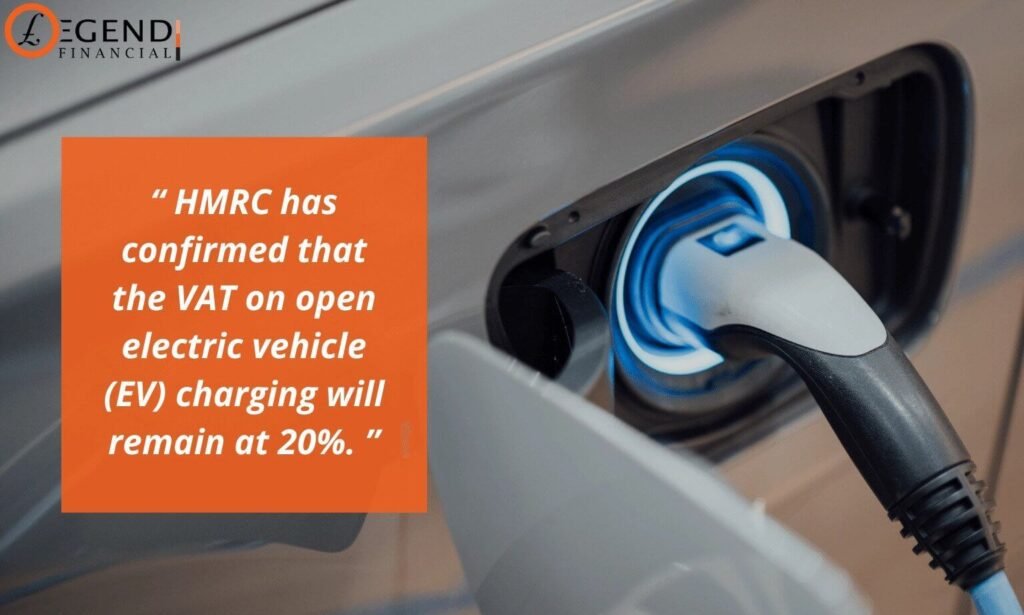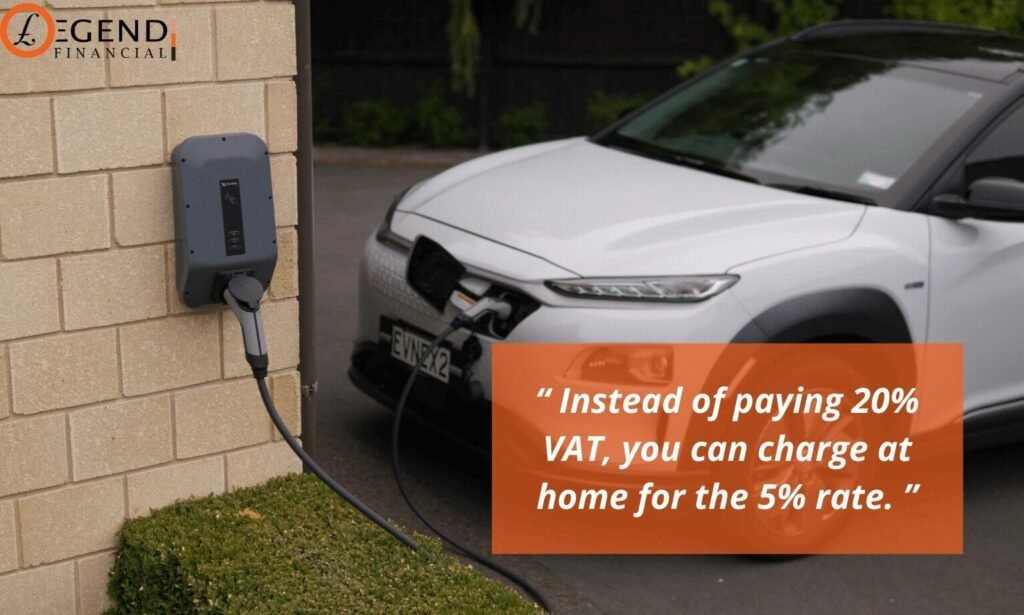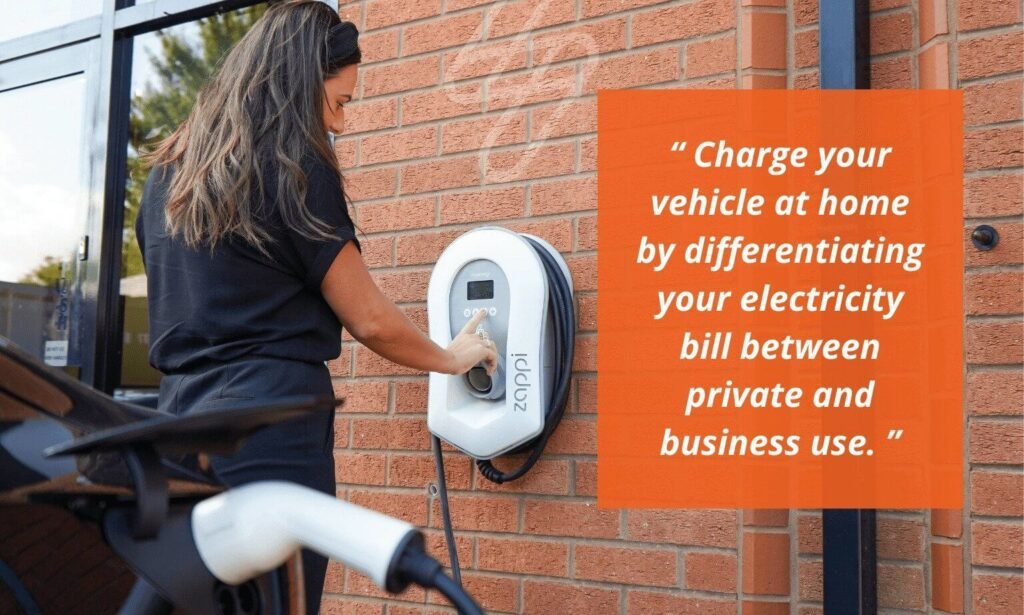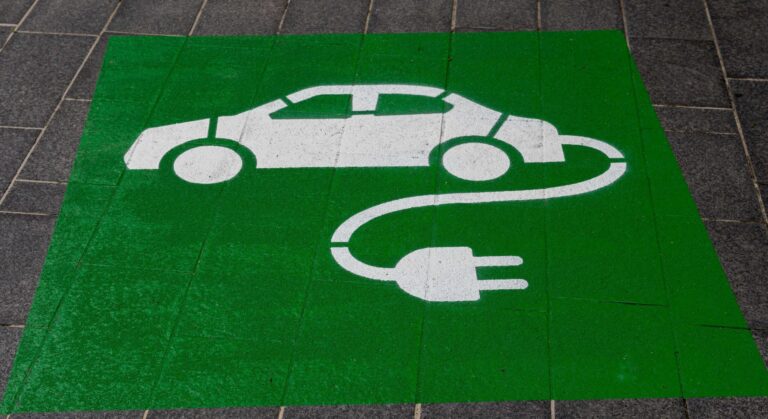Her Majesty’s Revenue and Customs (HMRC) has confirmed that the VAT on open electric vehicle (EV) charging will remain at 20% after demands for clearness from organizations around decreased rates. This form of power isn’t covered by the 5% reduced VAT rate that applies to fuel and energy for homegrown use, nor by HMRC’s ‘de minimis’ principles where supplies of specific small amounts of power and force are usually qualified for the 5% rate.
HMRC says this is because the electricity is provided at various public places instead of a house or a structure, and isn’t generally a continuous stock to one individual/company where the rate of supply could be determined by the ordinary VAT rules for provisions of power. It is sensible to accept that input tax recovery would be applied to these provisions of power, all things considered to different supplies of fuel for engine vehicles. Be that as it may, there is a distinction in approach contingent upon whether you are a sole owner or, on the other hand, a worker.

The public authority’s plans for the future is to have all vehicles to be electric, which implies that instead of paying 20% VAT on topping off at gas stations, most of the street fuel will be charged at 5% VAT on the power used to charge them from home. It is conceivable that HMRC’s prohibitive way of dealing with their VAT treatment expects this progressive loss of income from drivers. What’s more, it is most likely that this new strategy has been rushed out as a response to regular inquiries being asked on client helplines.
HMRC says that a sole merchant might recuperate VAT paid on charging their vehicle at home for business purposes, by differentiating their electricity bill between business and private use. They can likewise recuperate VAT on charging an electric vehicle for business use at different spots, subject to the typical input tax rules.

Nevertheless, workers can’t recover VAT on charging an electric car at home for excursions for work because the stockpile of power is associated with the representative and not the business. Where representatives assess a business’ electric vehicle (that is utilized for both business and private purposes) at the business’ premises, just the VAT on the business component might be recovered.
This is a chance with proprietors of conventional petroleum or diesel vehicles that claim mileage rates from their managers. They like this are qualified for input tax recovery on fuel provided to the worker for business use.
When representatives charge their vehicles at work, the business can recover VAT to the degree that it is utilized for business purposes; or recuperate the VAT in full and make a relating VAT tax to the worker for private utilization.

References
(n.d.). Retrieved from gov.uk: chrome-extension://efaidnbmnnnibpcajpcglclefindmkaj/https://assets.publishing.service.gov.uk/government/uploads/system/uploads/attachment_data/file/1015290/electric-vehicles-smart-charge-points-regulations-2021-impact-assessment.pdf
Electric vehicles and charge points. (n.d.). Retrieved from Transport for London: https://tfl.gov.uk/modes/driving/electric-vehicles-and-rapid-charging
EV charging company hikes UK prices after VAT rule clarification. (n.d.). Retrieved from Motor1.com: https://uk.motor1.com/news/510297/charging-price-hike-vat-clarification/
Osprey unveiled as Shell’s preferred partner for EV charging installs across UK franchised forecourts. (n.d.). Retrieved from https://www.current-news.co.uk/osprey-unveiled-as-shells-preferred-partner-for-ev-charging-installs-across-uk-forecourts/












